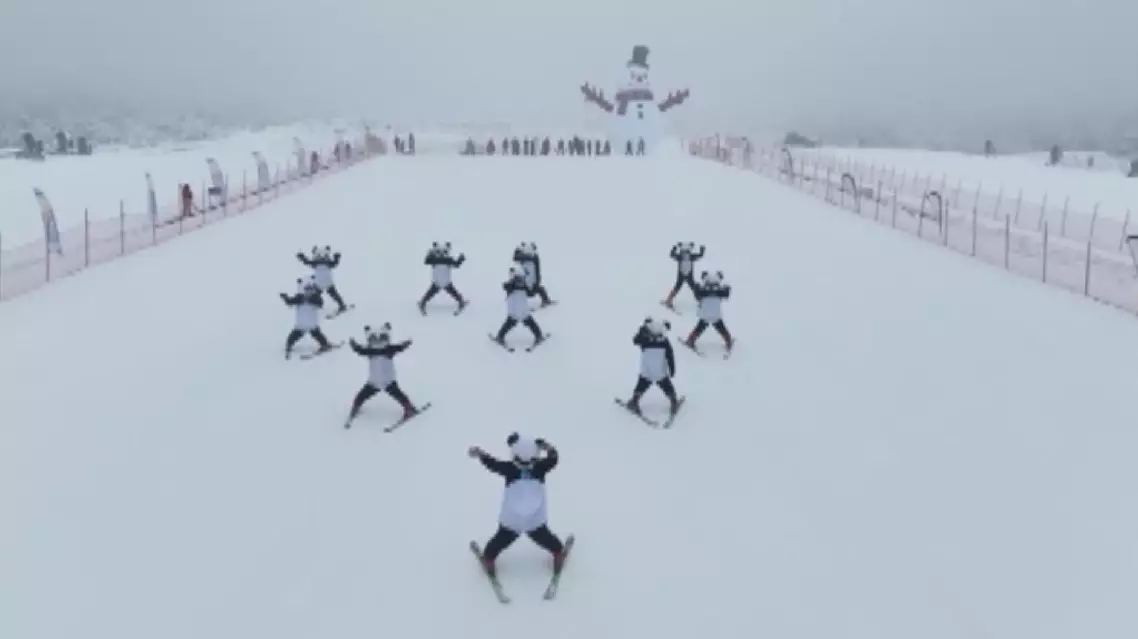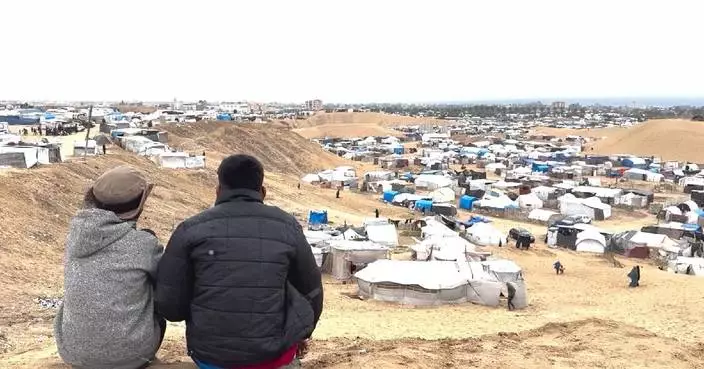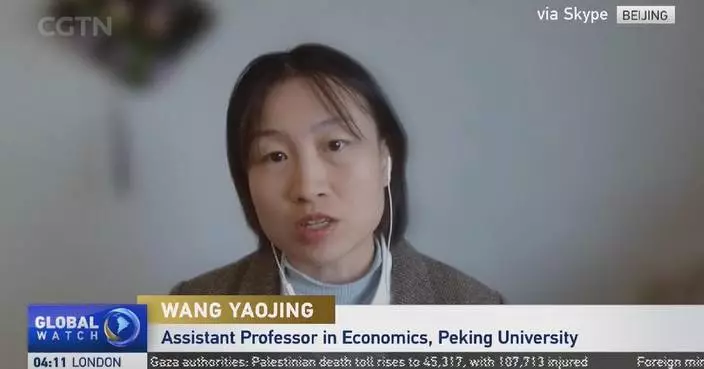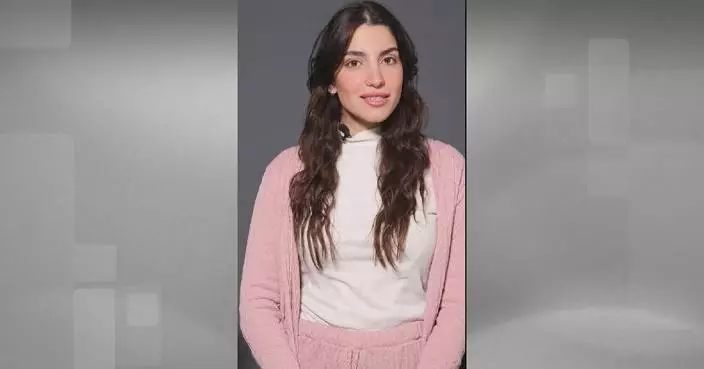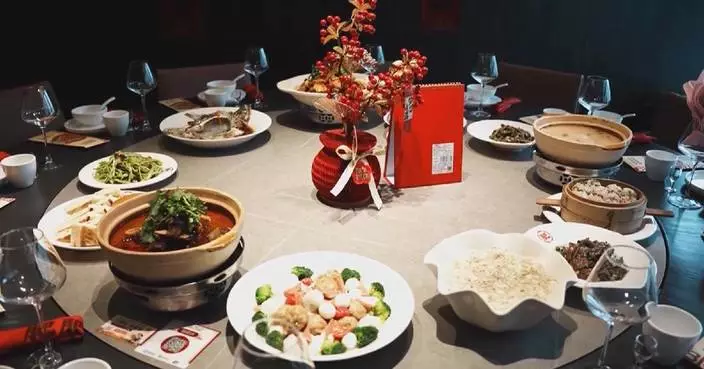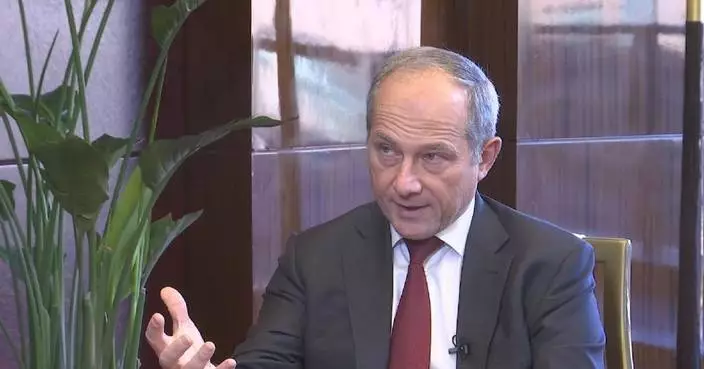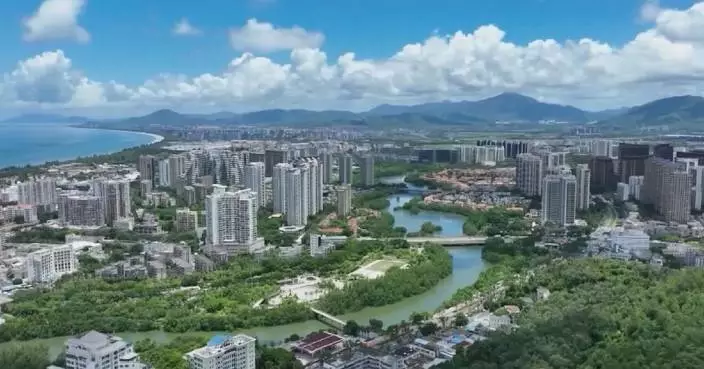Displaced Palestinians in a refugee community in Beirut, the capital of Lebanon, are still suffering from the shadow of war, with many of them still holding on to the memories of their homeland.
The Shatila refugee camp was established in the southwestern Beirut 75 years ago to accommodate Palestinians displaced in the first Middle East war.
After decades of development, the original shabby tents have changed into buildings. In 2015, approximately 10,000 Palestinian refugees live in Shatila, according to Al Jazeera.
Entering the refugee camp, the increasingly tangled private power lines and crowded buildings make the already narrow streets even darker.
Deep in the street, there is a museum theming on memories of Palestinians. However, due to the harsh living conditions caused by the Israel-Hezbollah conflict, this museum, which was established in 2005 and run by the 76-year-old Mohammed Al-Khatib, has been closed for a long time.
"My life have changed very much, I was not sure to be alive. The museum was not opened, it was hard, because everyone was thinking about [personal] safety, and safety of the family," he said.
In September this year, the conflict between Hezbollah and Israel escalated sharply. Beirut was also hit by fierce air strikes, and many people in the refugee community were forced to leave.
"So many people that I know, they left their houses, they left their works to other places, to wherever they think that is safe, even it is not safe, because in Lebanon, there was no safe place, even on streets. Emotionally, or psychologically, we are not sure of what will be happened. Because for us, it was not a war, it was just destruction and killing," Al-Khatib said.
Al-Khatib said power outages are very common in the community, and although he has a small heater for the winter, it cannot not work properly due to power shortages, so he has to use candles.
However, despite health problems and difficult circumstances, Al-Khatib still remains steadfast in his belief in the museum's future.
"And I hope this will continue, because when they come here, we speak about history, we speak about culture, we speak about what's happening and so on. I hope that this museum will go back to the village where I was born. It is eight kilometers far from the border of Lebanon. That is my hope," he said.
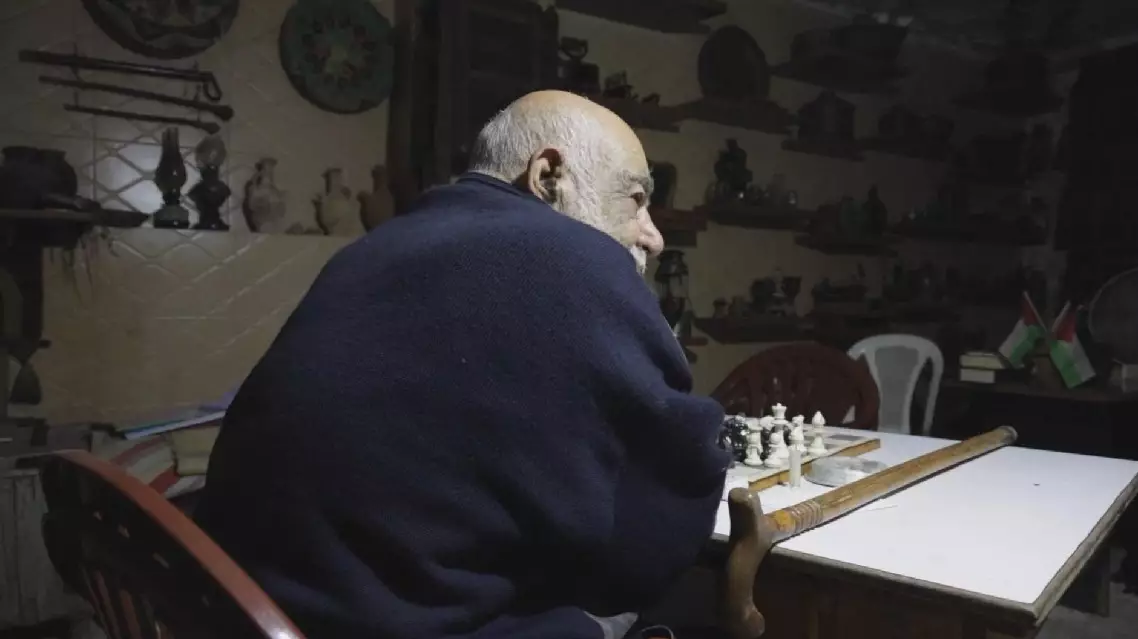
Displaced Palestinians in Lebanon hold on to homeland memories
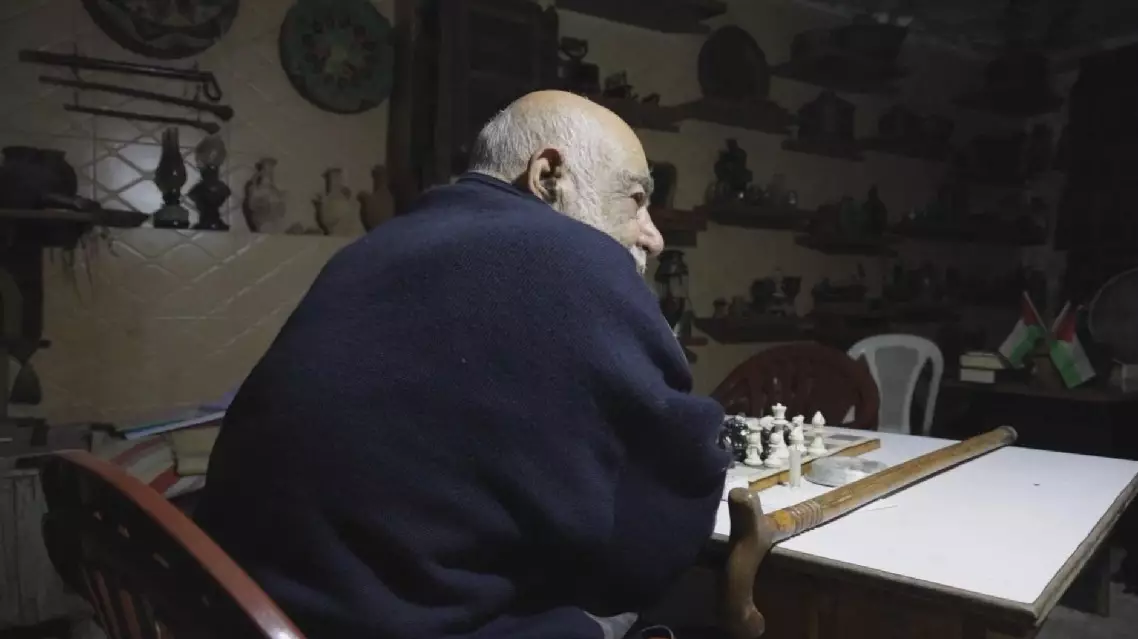
Displaced Palestinians in Lebanon hold on to homeland memories


